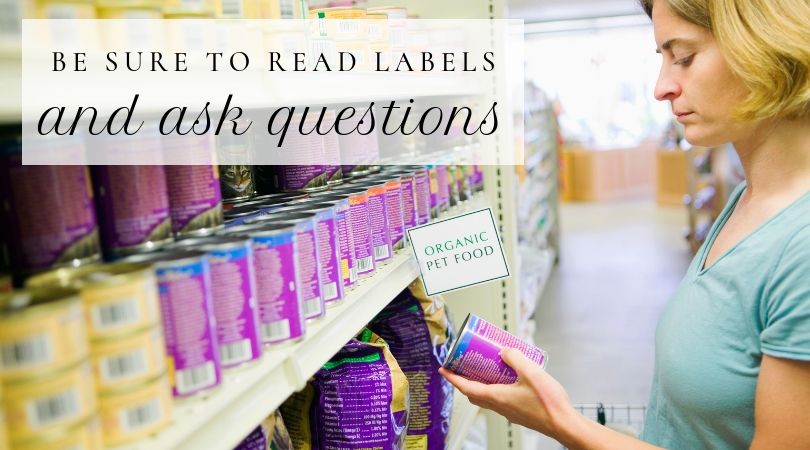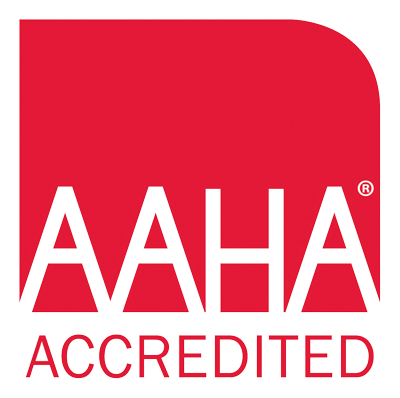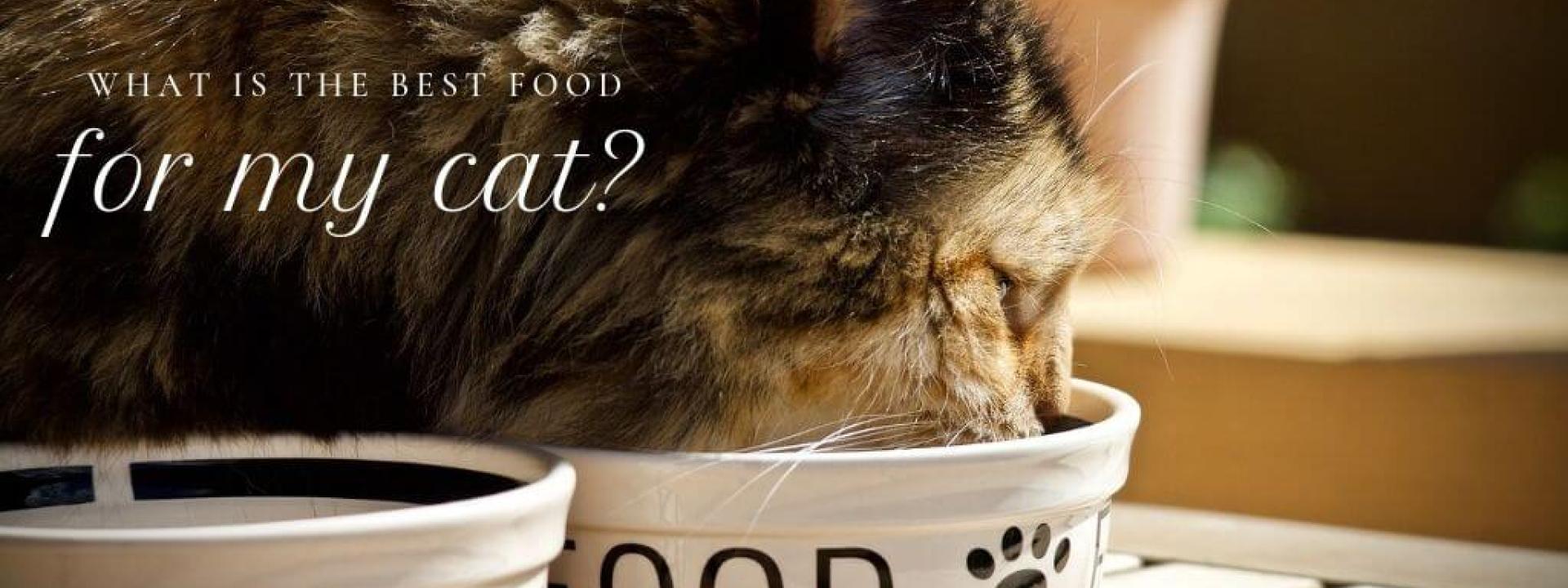Have you ever gone to the pet store and just looked at the rows and rows of food? Has a friend talked to you about how wonderful their pet's new food is because it cured all of their problems? We’re right there with you. The world of pet food will make your head spin! And when you add in all the good and bad stories you’ve heard from the internet, social media, or friends...where do we even start to choose the best food to feed our cats?
While you might hear anecdotes about all the different products out there, the reality is often far different than one individual story. So, we choose to look at studies and science to help us make the best decision possible for our furry family members.
How Do I Choose?
There is actually a Global Nutrition Committee put together by The World Small Animal Veterinary Association (WSAVA). This consortium of veterinarians can help us to make an informed decision when we stand in the pet store or supermarket in front of the shelves and shelves of foods. The WSAVA cautions us to be careful of marketing schemes, such as words like “holistic,” “premium,” or “human grade.” These words are unregulated (which means anyone can label their food with these words) and don’t really give us any idea on the nutritional quality of the food. But they sound nice! That’s why we gravitate to these foods. Here are the questions we should be asking of each food manufacturer, summarized from WSAVA (go ahead and ask the manufacturer!):
- Is there a full-time nutritionist on staff that is qualified? (Ph.D. in animal nutrition, board certification like ACVN or ECVCN).
- Who does the formulations? Ask for names.

- Are the diets formulated to AAFCO standards? Have they done AAFCO feeding trials?
- Where are the foods manufactured?
- Will the company provide a complete analysis of the food? Not just the labeled stuff – but very specific analysis of specific nutrients?
- What is the calorie content of the food per gram, cup, or can?
- What is the product research, and has it been published?
If the manufacturer can’t or won’t give you these answers, you may think twice about their food as an option for your cat.
Why Should I Care About AAFCO Standards?
AAFCO, or the Association of American Feed Controls Officials, helps us to know a few basic things about the diets we see on the shelves:
Is the food complete and balanced?
Have you ever noticed a statement that says "for intermittent or supplemental use"? That means the diet is not complete or balanced. That may mean it is only to be used for a specific reason, like a prescription diet for kidney disease where some things need to be restricted for a specific reason. But, that should not be the case for your pet store or over the counter foods.
What life stage the food is qualified for?
AAFCO has nutrient profiles and feeding trial requirements depending on the life stage of your cat. For example, they define kitten or growth stage, adult maintenance, and geriatric or senior stages. There is even a life stage for reproduction. If the food says "all life stages" that means the food meets the requirements for the growth stage and adult maintenance.

If the food is complete and balanced, how did they determine this?
There will be one of two statements on the food that will clue you in.
- “XYX food is formulated to meet the nutritional levels established by the AAFCO Cat Food Nutrient Profiles for [life stage]” This means a nutritional analysis of the food has been performed.
- “Animal feeding tests using AAFCO procedures substantiate XYX food provides complete and balanced nutrition for [life stage]” This means a feeding trial evaluation of the food has been done.
Formulated foods are based on a recipe or analytical testing of the final product and manufactured, so ingredients meet a specific level, but no feeding trial. Feeding trials help to test the nutritional adequacy of the diet but don’t guarantee the food provides adequate nutrition for all conditions. So, then you need to pay attention to the questions the WSAVA advises us to ask of each manufacturer and make sure they have strict quality control.
As always, when searching the internet, keep your skeptical hat on and follow these tips from the WSAVA.
If all this information makes your head spin, call our hospital to schedule a consultation.



